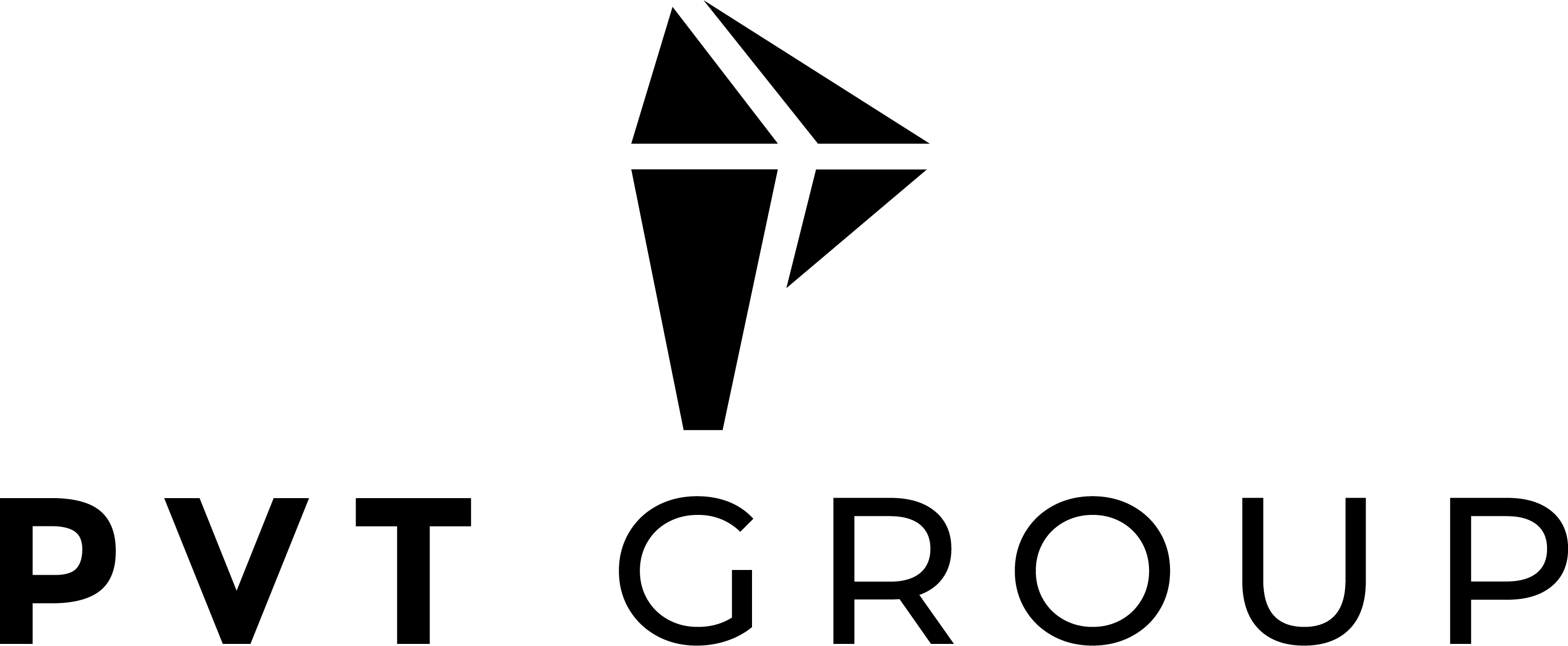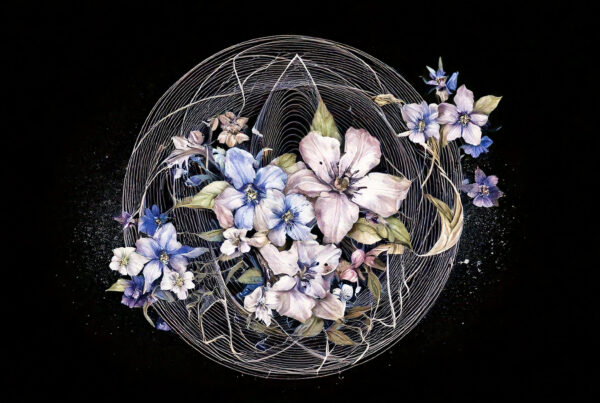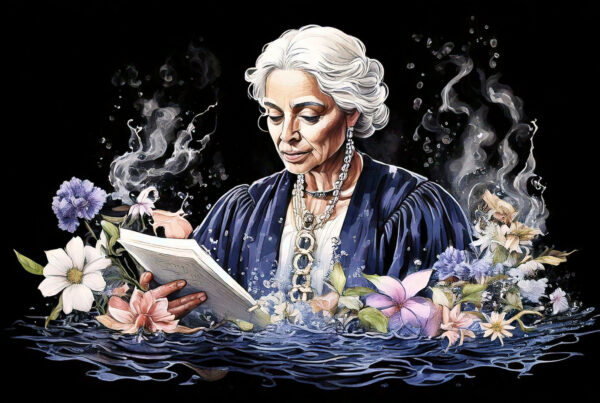Series I:
1. Within the Current:
When Goodness Meets Guidance
The journey that began by exploring cosmic waters and unseen guidance now takes a more structured path. As Sarah and Lin transition from their “Beyond Earth” conversations to a focused study of Matthew’s Gospel, they face an immediate challenge: why should Sarah, with her scientific mind and cosmic encounters—care about an ancient list of genealogical connections?
While Matthew begins with a meticulous tracing of ancestry, Lin gently suggests that this foundation, though seemingly dry, establishes something crucial: that Jesus entered human history at a specific point, connected to both royal promises and human failings. Behind these names lie stories of scandal and redemption, outsiders welcomed and insiders humbled—themes that will prove surprisingly relevant to Sarah’s struggle against a system designed to erase her existence. Series I now begins where skeptics often stumble, with the question of whether ancient texts can possibly address modern deception and the manipulation of reality itself.
The morning light filtered through the cabin’s dusty windows, casting long rays across their makeshift research station. Papers were organized in careful piles—corrupted documents to the left, disappeared records to the right, the middle stack containing the few pieces of evidence they’d managed to preserve despite Margaret’s systematic efforts to erase them.
Sarah had been quiet through breakfast, stirring her oatmeal with contemplative precision. Lin recognized the look—Sarah was processing, reorganizing her understanding as new information settled against established beliefs. Their conversations about cosmic waters and guidance had clearly touched something deeper than intellectual curiosity.
“Isn’t visualizing my outcome the same as faith?” Sarah finally asked, breaking the morning silence. “When scriptures talk about faith in things unseen, isn’t that like focusing on what I want to manifest?”
She’d practiced visualization techniques for years—envisioning career advancements, physical health, even spiritual growth. The approach had served her well in normal circumstances. But nothing about their current situation was normal.
Lin considered this carefully. “Faith in the unseen is one level of understanding,” she acknowledged. “It helps us learn to trust beyond what our eyes can verify. But there’s a difference between projecting our own vision and receiving His promises.”
She set down her tea mug and reached for a blank page in her notebook. On one side, she wrote “Manifesting” and on the other, “Faith.”
“Manifesting focuses on bending reality to our will,” she explained, writing bullet points beneath the first heading. “We decide what should happen, then concentrate our energy on making that vision materialize. It’s powerful—I won’t deny that. But it’s limited by our own imagination and understanding.”
Under “Faith,” she wrote different points. “The real power isn’t in seeing what we want,” she said, “but in learning to hear the Advocate’s guidance. Sometimes what God has for us is far beyond what we could envision for ourselves.”
Sarah stared at the document pile representing her vanished property rights. “So instead of visualizing my desired outcome…”
“You might ask if He’s given you a specific promise, and then learn to listen to how the Holy Spirit, also called the Advocate, guides you toward it,” Lin completed her thought. “That path might look nothing like what you’d manifest for yourself. It might lead you through territories you’d never choose to visit. But it will carry more protection, more provision, and more purpose than anything we could design.”
The difference was subtle but profound: not abandoning hope for restoration, but allowing that restoration to unfold through divine guidance rather than personal visualization. Not just believing in unseen outcomes, but trusting an unseen guide.
The Limits of Goodness
Sarah walked to the window, gazing out at the forest beyond. When she turned back, Lin could see the resistance in her posture, the intellectual pride that had guided her through academia and scientific exploration.
“I’m already a good person,” Sarah said, a hint of defensiveness in her voice. “Why do I need this?” Her cosmic visions, her scientific understanding, her moral compass—these had guided her well enough before Margaret’s network had started dismantling her life.
Lin considered the question carefully. “This isn’t about being good or bad,” she said finally. “It’s about seeing what you’re actually up against.” She gestured at the corrupted files, the vanishing documents, the systematic erasure of truth. “Some forces in this world know exactly how to use a person’s goodness against them. They count on it.”
She moved to join Sarah at the window, pointing to the forest beyond. “Nature isn’t just about beauty and harmony. It contains predators that have evolved specific strategies for exploiting the predictable behaviors of their prey. Margaret’s network isn’t just manipulating papers and digital records—it operates on multiple levels of reality, turning virtues like patience and fairness into vulnerabilities.”
“While you waited reasonably for the system to correct itself, they were busy making your existence disappear,” Lin continued. “They count on good people following the rules, filing the proper appeals, trusting the process—all while they manipulate the process itself.”
Sarah’s shoulders tensed. “So being good is a weakness?”
“Being good without being equipped is a vulnerability,” Lin corrected gently. “Being good doesn’t protect you from forces that understand how to weaponize bureaucracy, that know how to make reality itself shift under your feet. You need something that can see through their deception, that knows which waters are safe to drink from.”
She picked up the Bible from beside her notes. “This isn’t about becoming less good. It’s about becoming more discerning. About recognizing that some battles can’t be won through conventional goodness because they’re being fought on levels that conventional goodness doesn’t acknowledge.”
A memory surfaced in Sarah’s mind—sitting across from her ex-husband’s lawyer, hearing reasonable explanations for yet another delay, another missing document, another procedural complication. She’d responded with patience, with understanding, with a commitment to fairness that now seemed naively self-destructive. She’d been playing by rules her opponents had never intended to follow.
“I kept thinking if I was just reasonable enough, patient enough, if I just followed the proper channels…” her voice trailed off.
“Those are admirable qualities,” Lin affirmed. “But without spiritual discernment to guide them, they become exploitable patterns. Think of how predators in nature count on the predictable behaviors of their prey.”
Sarah thought about all the times her moral certainty had left her waiting too long, trusting too much, giving the benefit of doubt to systems designed to exploit such trust. Perhaps there was a difference between being good and being equipped to navigate through orchestrated evil.
“So what does this look like practically?” she asked, returning to the table and looking at Lin’s notes. “If not visualization, if not just being good—what’s the alternative?”
Lin turned to a fresh page. “It starts with understanding that you’re in a different kind of battle than you realized. Not just legal, not just bureaucratic, but spiritual. That changes how you prepare, how you respond, what resources you draw upon.”
“Instead of visualizing your desired outcome, you learn to listen for God’s direction moment by moment. Instead of relying solely on your goodness, you develop spiritual discernment that can recognize deception before it ensnares you. Instead of fighting only on the visible level, you learn to address the invisible forces at work.”
Sarah considered this perspective. As a physicist, she understood that the most powerful forces in the universe were often invisible—gravity, electromagnetism, the strong and weak nuclear forces. Why wouldn’t the same be true in human affairs? Perhaps the most influential forces weren’t the visible legal systems but the invisible spiritual currents that shaped them.
“This doesn’t mean abandoning your intelligence or your moral compass,” Lin added, seeing the thoughts crossing Sarah’s face. “It means enhancing them with spiritual awareness, adding dimension to your understanding rather than replacing it.”
Outside, a bird called—three sharp notes that echoed through the trees. Both women fell silent, listening as the forest responded with its own patterns of sound, authentic and unpredictable in ways that Pine Valley Court’s calculated soundscape never was.
“I’m not suggesting you stop being good,” Lin said softly as the forest sounds settled. “I’m suggesting you become something more—something that Margaret’s network doesn’t know how to counter because it operates from a different source of power altogether.”
Sarah looked down at the papers spread before them—the material evidence of her systematic erasure. “They’ve been ten steps ahead at every turn,” she observed. “As if they can predict exactly how I’ll respond.”
“That’s because they understand the patterns of goodness without God,” Lin replied. “What they don’t understand—what they can’t predict—is goodness guided by divine wisdom, empowered by something beyond human virtue.”
For the first time since they’d begun these conversations, Sarah felt something shift not just in her understanding but in her spirit—a recognition that perhaps what she needed wasn’t just better strategy or more documentation. Perhaps what she needed was connection to a wisdom beyond her own, guidance that could see through deception that had blinded even her scientific precision and moral clarity.
“Teach me,” she said simply, pulling her chair closer to where Lin sat with the open Bible. “Show me what I’ve been missing.”
Institutional Scars
A few moments later, Sarah, who had been holding back a silent objection, finally let it spill out: “But I’ve seen how Christians behave—how churches operate. The hypocrisy, the judgment, the way they ignore real problems while obsessing over appearances.”
Instead of defending or deflecting, Lin simply nodded. “You have every right to feel that way,” she said quietly. “What bothered you the most?”
The directness of the question, the lack of apologetics or justification, caught Sarah off guard. She had expected the usual defenses: ‘not all Christians’ or ‘you just haven’t found the right church.’ Instead, here was an invitation to voice her actual grievances.
“The fakeness,” she finally said. “The way they smile and say they’ll pray for you while backing away from any real involvement. How they can sit in their comfortable pews while ignoring suffering right outside their doors. How they use scripture to justify whatever they want while ignoring the parts about justice and mercy.”
Lin listened, really listened, without trying to solve or explain away these observations. These weren’t theoretical complaints – these were wounds left by encounters with institutional religion at its worst. And like her mother before her, she knew that acknowledging the hurt was more important than defending the institution.
“I hear you,” Lin said after Sarah had fallen silent. “And I’m sorry for those experiences. They’re real, and they matter.” She paused, choosing her next words carefully. “What you’re describing—the disconnect between professed belief and lived action—is exactly what Jesus confronted. He reserved his strongest criticism not for those outside religious structures but for those within who had substituted appearance for substance.”
She reached for her tea, now grown cold, and took a thoughtful sip before continuing. “The waters that guide us don’t flow exclusively through institutional channels. Sometimes they move through wilderness streams far from established paths.”
“Like this cabin,” Sarah observed, glancing around their remote sanctuary.
Lin nodded. “Precisely. Your critique of religious institutions doesn’t distance you from spiritual reality—in many ways, it aligns you with it. The prophets, Jesus himself, all stood in opposition to religion that had become performative rather than transformative.”
Sarah studied Lin’s face, looking for signs of the defensive posture she’d come to expect from religious people when their institutions were criticized. Finding none, she ventured further. “Then why associate with Christianity at all? Why not just embrace spirituality without the institutional baggage?”
“Because despite its profound failures,” Lin replied, “there remains something essential in the story it preserves—the template that Jesus provided. Not the institutions built in his name, but the pattern of his life and teachings. There’s a difference between the water and the pipes that sometimes carry it.”
She set down her mug and leaned slightly forward. “I’m not asking you to embrace an institution or adopt its language. I’m suggesting there’s a current—a way—that Jesus revealed which speaks directly to your situation. A perspective that sees through deception, that recognizes predatory systems for what they are, that offers navigation through waters that would otherwise overwhelm.”
“And that path doesn’t require me to abandon my scientific understanding or cosmic perspectives?” Sarah asked, the tension in her shoulders slightly easing.
“Not at all,” Lin assured her. “It asks you to integrate them, to see how they fit within a larger framework. The same God who created physical laws created spiritual ones. The cosmos you’ve experienced glimpses of exists within His larger creation, not separate from it.”
Sarah remembered their earlier conversation about different instruments in God’s symphony, about finding one’s place in the cosmic music. Perhaps this was another aspect of that—not abandoning her unique perspective but finding how it harmonized with ancient truths.
“So where do we start?” she asked, her defensive posture now replaced with tentative openness.
Lin smiled, recognizing the shift. “We start with the waters that actually guide—not institutional prescriptions or religious performances, but the living current that Jesus described when he spoke of ‘rivers of living water’ flowing from within. We look at how he navigated deceptive systems and predatory powers without losing his way.”
She turned to a specific passage in her Bible. “And we begin with something you’ve already been seeking—discernment. The ability to recognize truth from falsehood, authentic waters from contaminated ones.”
As the morning light shifted through the windows, casting new patterns across their research materials, Sarah felt a strange combination of scientific curiosity and spiritual hunger. She had always sought truth—through equations, through observation, through cosmic encounters. Perhaps this was simply another dimension of that same quest.
“I’m not asking you to abandon your wounds or pretend they don’t matter,” Lin added, sensing Sarah’s internal process. “I’m suggesting we look beyond the institutional scars to the original waters that the institutions were meant to channel but too often diverted.”
Sarah nodded slowly. “Show me how to test these waters,” she said. “I’m willing to wade in, but I need to know they’re real.”
“We’ve already explored 1 John 4 about testing the spirits,” Lin acknowledged, “and that foundation of discernment is crucial. It’s precisely what Margaret’s network doesn’t want you to develop—the ability to see clearly through their deceptions.”
She paused, recognizing the expression on Sarah’s face. “This isn’t a linear journey, you know. There’s a natural rhythm to spiritual growth—a vacillation between understanding intellectually, accepting emotionally, and trusting practically. Some days you’ll grasp these concepts clearly, other days they’ll feel foreign again. You’ll take steps forward in trust, then retreat back into doubt. That’s normal—it’s how we integrate truth deeply rather than just adopting it superficially.”
Sarah nodded with a hint of relief. “So I don’t have to have perfect faith immediately?”
“Not at all,” Lin smiled. “The disciples themselves moved through this process continuously, even after witnessing miracles firsthand. Understanding, accepting, trusting—and then circling back through questions, doubts, and new understanding. It’s not a failure of faith; it’s how genuine faith develops.”
“Like wrestling with God,” Sarah said thoughtfully. “I’ve always appreciated that image from the Hebrew scriptures—Jacob wrestling through the night. There’s something honest about struggle being part of loving God.”
“Exactly,” Lin agreed. “And that wrestling, that questioning, is actually part of deepening relationship, not moving away from it.” She reached for another book on the table. “I was thinking we might begin looking at Matthew’s Gospel next.”
Sarah glanced at the Bible with slight apprehension. “Doesn’t Matthew begin with a long genealogy? All those names and ‘begats’?”
Lin smiled. “It does, and honestly, most people in your position find it hard to connect with that list of ancient names. We can acknowledge its importance in establishing Jesus’s lineage without getting lost in it. The genealogy shows Jesus embedded in human history, connected to both royalty and scandal – but the teachings that follow speak more directly to the kind of discernment and spiritual navigation you’re seeking right now.”
“I appreciate the permission to not find a list of ancient names immediately life-changing,” Sarah said with relief.
“Scripture isn’t meant to be approached with artificial enthusiasm,” Lin replied. “Some passages will speak powerfully to you right away; others might take years to reveal their significance. We can honor Matthew’s genealogy while focusing on the portions that address your immediate questions about navigating deception and finding genuine guidance.”
Questions to Ponder:
1. Where in your life might you be relying on “being good” in situations that require spiritual discernment?
2. How might your past negative experiences with religious institutions be both valid critiques and potential barriers to deeper spiritual connection?
3. In what areas might you be using visualization or manifestation approaches where listening for guidance might be more effective?
4. What “predatory systems” in your life might be exploiting your predictable patterns of response?
5. How can you honor your unique perspective and experiences while remaining open to waters of guidance beyond what you’ve previously recognized?
6. Where might you need to develop discernment that goes beyond intellectual understanding or moral certainty?
7. What’s the difference between rejecting religious hypocrisy and rejecting the spiritual realities that hypocritical religion distorts?





